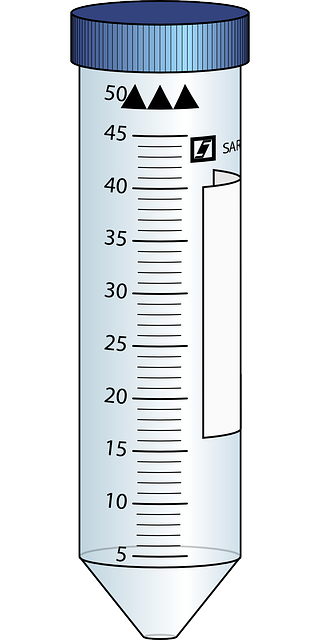Iron deficiency anemia, common in the UK, affects energy levels and cognitive function due to low red blood cells. Early detection through simple blood tests like the testosterone test is crucial. Key indicators include ferritin levels and complete blood counts (CBCs). Treatment involves dietary changes, iron supplements, and addressing underlying causes. A healthcare provider ensures a personalized approach using tools like the Testosterone Blood Test UK for comprehensive care.
Iron deficiency anemia is a common yet serious health condition, particularly in women of childbearing age. Early detection through accurate diagnostics like blood tests is crucial for managing symptoms and preventing long-term health issues. In the UK, access to comprehensive testosterone blood test services plays a vital role in diagnosing iron deficiency anemia effectively. This article explores these tests, their interpretation, and available treatment options, empowering individuals to take control of their health.
- Understanding Iron Deficiency Anemia and Its Impact
- How Blood Tests Help Diagnose Iron Deficiency Anemia in the UK
- Interpreting Test Results and Treatment Options
Understanding Iron Deficiency Anemia and Its Impact
Iron deficiency anemia is a common blood disorder where the body lacks sufficient healthy red blood cells, leading to poor oxygen delivery and fatigue. It occurs when there’s an iron deficit, essential for producing hemoglobin, the protein in red blood cells that carries oxygen throughout our bodies. This condition can significantly impact daily life, causing weakness, dizziness, shortness of breath, and even cognitive issues. In the UK, where healthcare services are readily available, early detection through a simple testosterone blood test (a marker for overall health) along with other routine checks can be life-changing.
Understanding the severity of iron deficiency anemia is crucial as it can have long-term effects on both physical and mental well-being, especially in children and pregnant women. Prompt identification allows for effective treatment, typically involving dietary changes and/or iron supplements, ensuring individuals regain their energy levels and overall health.
How Blood Tests Help Diagnose Iron Deficiency Anemia in the UK
In the UK, blood tests play a pivotal role in diagnosing Iron Deficiency Anemia (IDA). These tests are essential tools that help healthcare professionals identify the condition by measuring specific levels in the bloodstream. One key indicator is ferritin, a protein that stores iron in the body; low ferritin levels suggest potential iron deficiency. Typically, a simple blood sample is taken and analyzed to determine if ferritin levels fall below normal ranges, indicative of IDA.
Additionally, complete blood counts (CBCs) are often employed to assess red blood cells, hemoglobin, and hematocrit levels, all of which can provide insights into anemia. A testosterone blood test UK might also be relevant in certain cases, as hormonal imbalances can contribute to anemia. Healthcare providers use these comprehensive assessments to not only confirm IDA but also differentiate it from other types of anemia, guiding targeted treatment strategies.
Interpreting Test Results and Treatment Options
Interpreting Test Results
When it comes to Iron deficiency anemia, a simple blood test can provide valuable insights into your health status. The most common test involves measuring the level of hemoglobin in your red blood cells. Hemoglobin is responsible for carrying oxygen throughout your body, and its low levels can indicate anemia. If your results show a lower-than-normal hemoglobin concentration, further investigation may be needed. The healthcare professional will also check for the presence of iron in your blood, as deficiency in this mineral is the primary cause of anemia. In the UK, testosterone blood tests are sometimes used alongside these measures to understand overall hormonal balance, which can impact iron absorption and utilization.
Treatment Options
Once the diagnosis is confirmed, treatment options become more clear. Iron supplementation is a common and effective approach to restoring iron levels in the body. This can be in the form of oral medications or injections, depending on the severity of the deficiency. Dietary changes are also crucial, focusing on foods rich in iron such as leafy greens, beans, and fortified cereals. In some cases, underlying conditions like gastrointestinal disorders may require specialized treatment. It’s important to discuss these options with a healthcare provider who can tailor a plan suitable for your specific needs.
Iron deficiency anemia, often overlooked, can significantly impact overall health. Thankfully, blood tests offer a simple yet effective way to diagnose this condition in the UK. By understanding the results and available treatment options, individuals can take proactive steps to manage their anemia. Just as a testosterone blood test UK helps assess hormonal health, regular screening for iron levels is crucial for maintaining optimal well-being.
